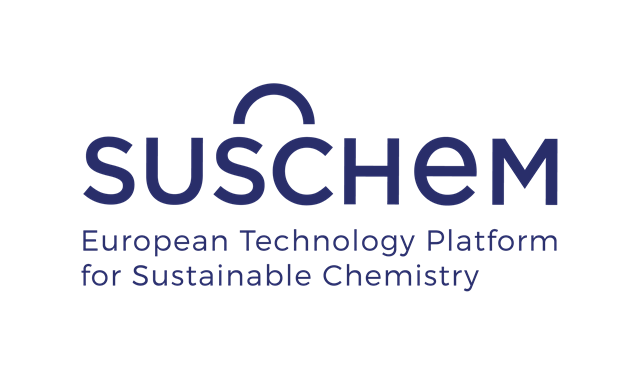SusChem Switzerland, SusChem’s Swiss National Technology Platform (NTP), has recently welcomed a new member: VIO Chemicals. As a member of the NTP, VIO Chemicals joins major players in the Swiss Chemical and Life Sciences sector, including INEOS, Lonza, CimArk, ETH Zurich and the Swiss Chemical Society (SCS).
In joining SusChem Switzerland, VIO Chemicals aspires to promote the national chemical industry’s priorities in the European policy agenda, become an integrated member of a European collaborative network of knowledge and competence, and contribute to a dynamic innovation and industrial eco-system as part of the Europe 2020 strategy for an inclusive European economy.
Welcoming VIO Chemicals, Eric Plan, Secretary-General of SusChem Switzerland said:
Welcoming VIO Chemicals, Eric Plan, Secretary-General of SusChem Switzerland said:
“SusChem Switzerland is aimed at companies involved in life sciences, particularly chemistry, who want to improve their industrial processes and/or develop their collaboration with other players. With VIO Chemicals, we are happy to welcome a new SME in the SusChem family. The active participation of VIO Chemicals will reinforce our activities and missions in 'Shaping Sustainable Solutions Together'”VIO Chemicals shares SusChem Switzerland’s vision for a robust and sustainable Swiss chemical industry. According to a recent analysis chemical, pharmaceutical and biotech sectors account for 41% of total national exports. The Swiss growth strategy is largely driven by an emphasis on constant innovation and internationalism. By joining SusChem Switzerland, VIO Chemicals declares its openness to share its expertise and form synergies with national and European stakeholders to promote the use of sustainable chemistry, and joins the debate about the role of the chemical industry as a solutions provider to global societal challenges.
For more information on SusChem Switzerland, please visit the SusChem Switzerland website.




